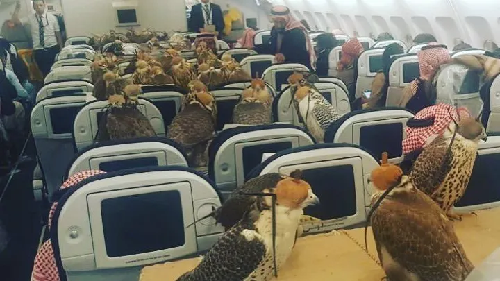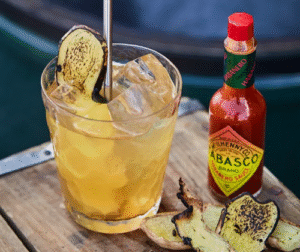In a jaw-dropping display of devotion to tradition and luxury, a Saudi prince reportedly purchased 80 economy-class seats on a commercial flight to transport his prized falcons—each with its own seat, hooded and tethered, alongside human passengers. The iconic image of birds occupying the cabin has gone viral, sparking both amusement and admiration.
Falconry, a revered sport in the Arabian Peninsula, enjoys deep cultural significance among the elite. It’s common in the Middle East for falcons to travel by air, complete with special passports and dedicated airline accommodations. Airlines like Qatar and Etihad allow multiple falcons in the cabin or as checked baggage.
Despite the novelty of booking entire rows for birds, falcon travel is no fluke—UAE regulations require falcon passports and leg rings with identification to prevent smuggling. Airlines frequently accommodate these majestic birds with onboard perches and hoods.
Reddit users and aviation pundits alike praised the spectacle:
“My captain friend sent me this photo. Saudi prince bought ticket for his 80 hawks.”
— Reddit user Lensoo, January 2017.
While the exact identity of the prince remains unconfirmed, the event underscores the extraordinary lengths to which falcon enthusiasts go—treating their birds not just as pets, but as regal travel companions.
- Cultural prestige: Falcons symbolize power and nobility in Gulf societies.
- Regulated luxury: Falconry travel is institutionalized through passports and airline policies.
- Visual spectacle: The image of dozens of birds in cabin seats challenges perceptions of air travel norms.
This story offers a fascinating window into Gulf traditions—where ancient falconry meets modern aviation, and a passion for birds transforms an airline cabin into a royal aviary.






